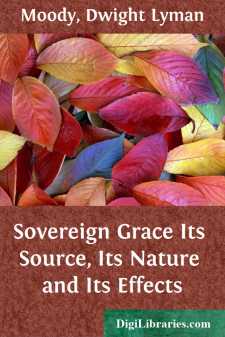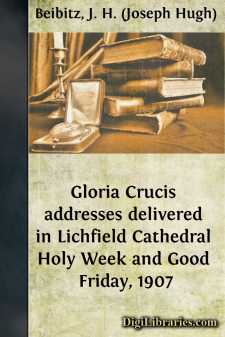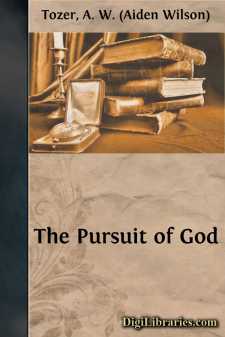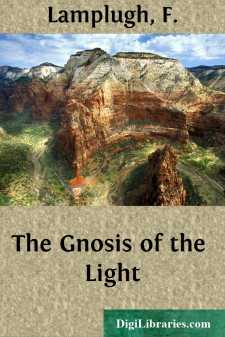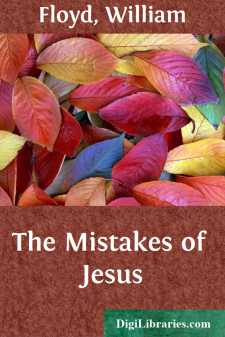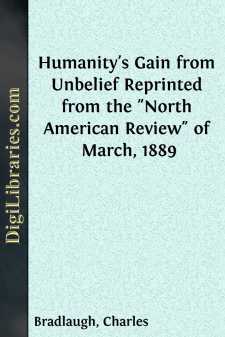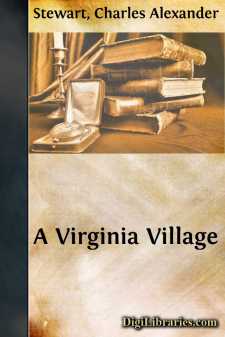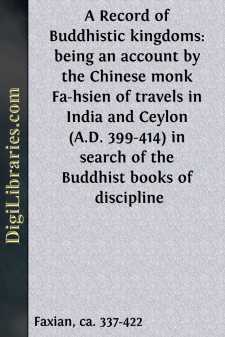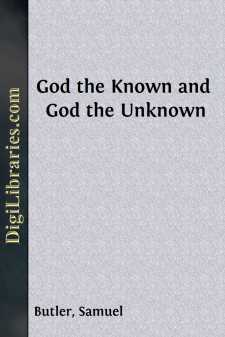Religion
- Agnosticism 2
- Antiquities & Archaeology 21
- Atheism 13
- Biblical Criticism & Interpretation 16
- Biblical Meditations 3
- Biblical Reference 1
- Biblical Studies 11
- Buddhism 8
- Christian Church 52
- Christian Education 5
- Christian Life 26
- Christianity 61
- Cults 2
- Devotional 6
- Eastern 2
- Education 4
- Eschatology 1
- Ethics 3
- General 60
- Gnosticism 1
- Hinduism 15
- History 28
- Holidays 10
- Inspirational 1
- Islam 8
- Judaism 3
- Leadership 1
- Meditations 3
- Monasticism 1
- Mysticism 11
- Philosophy 4
- Prayer 26
- Prayerbooks 5
- Religion & Science 12
- Sermons 54
- Spirituality 53
- Theism 2
- Theology 17
- Theosophy 15
Religion Books
Sort by:
THE FOUNTAIN OF GRACE. HERE are some words with which we have been familiar from our infancy up, and probably there are few words in the English language that are so often used as this word “GRACE.” Many of you at your table “say grace” three times a day. You seldom go into a church without hearing the word mentioned. You seldom read any part of the New Testament, especially the Epistles,...
more...
INTRODUCTION These addresses, delivered in Lichfield Cathedral in Holy Week, 1907, are published at the request of some who heard them. It has only been possible to endeavour to reproduce them in substance. The writer desires to express his obligations to various works from which he has derived much assistance, such as, above all, Du Bose’s Gospel in the Gospels, Askwith’s Conception of Christian...
more...
Introduction Here is a masterly study of the inner life by a heart thirsting after God, eager to grasp at least the outskirts of His ways, the abyss of His love for sinners, and the height of His unapproachable majesty—and it was written by a busy pastor in Chicago! Who could imagine David writing the twenty-third Psalm on South Halsted Street, or a medieval mystic finding inspiration in a small...
more...
by:
F. Lamplugh
This translation of the ancient Gnôstic work, called by Schmidt, the Untitled Apocalypse, is based chiefly on Amélineau's French version of the superior MS. of the Codex Brucianus, now in the Bodleian Library, Oxford. In making the rendering I have studied the context carefully, and have not neglected the Greek words interspersed with the Coptic; also I have availed myself of Mr Mead's...
more...
by:
George Gillespie
ADVERTISEMENT. (Transcriber’s Note: This book is an 1846 reprint of George Gillespie’s books, which were originally published separately. Each is reprinted here with its original title page and other front matter. The paper book had no page numbers; each book is transcribed here with its own page numbering, which may have no correspondence with the publisher’s idea of the page numbers.) In...
more...
by:
William Floyd
FOREWORD The tradition regarding Jesus is so glamorous that it is difficult to review his life and character with an unbiased mind. While Fundamentalists and Modernists differ regarding the divinity of Christ, all Christians and many non-Christians still cling to preconceived notions of the perfection of Jesus. He alone among men is revered as all-loving, omniscient, faultless—an unparalleled model...
more...
HUMANITY'S GAIN FROM UNBELIEF. As an unbeliever, I ask leave to plead that humanity has been real gainer from scepticism, and that the gradual and growing rejection of Christianity—like the rejection of the faiths which preceded it—has in fact added, and will add, to man's happiness and well being. I maintain that in physics science is the outcome of scepticism, and that general progress...
more...
FOREWORD Charles A. Stewart's A Virginia Village is a charming depiction of the early days of Falls Church. It is the earliest attempt to put on paper the story of the Falls Church area. In addition to interesting stories about people and organizations and life generally in the small town of 80 years ago, the book contains photographs of 107 Falls Church houses, stores, and churches then standing....
more...
PREFACE Several times during my long residence in Hong Kong I endeavoured to read through the "Narrative of Fa-Hsien;" but though interested with the graphic details of much of the work, its columns bristled so constantly—now with his phonetic representations of Sanskrit words, and now with his substitution for them of their meanings in Chinese characters, and I was, moreover, so much...
more...
by:
Samuel Butler
CHAPTER I. INTRODUCTION MANKIND has ever been ready to discuss matters in the inverse ratio of their importance, so that the more closely a question is felt to touch the hearts of all of us, the more incumbent it is considered upon prudent people to profess that it does not exist, to frown it down, to tell it to hold its tongue, to maintain that it has long been finally settled, so that there is now no...
more...


